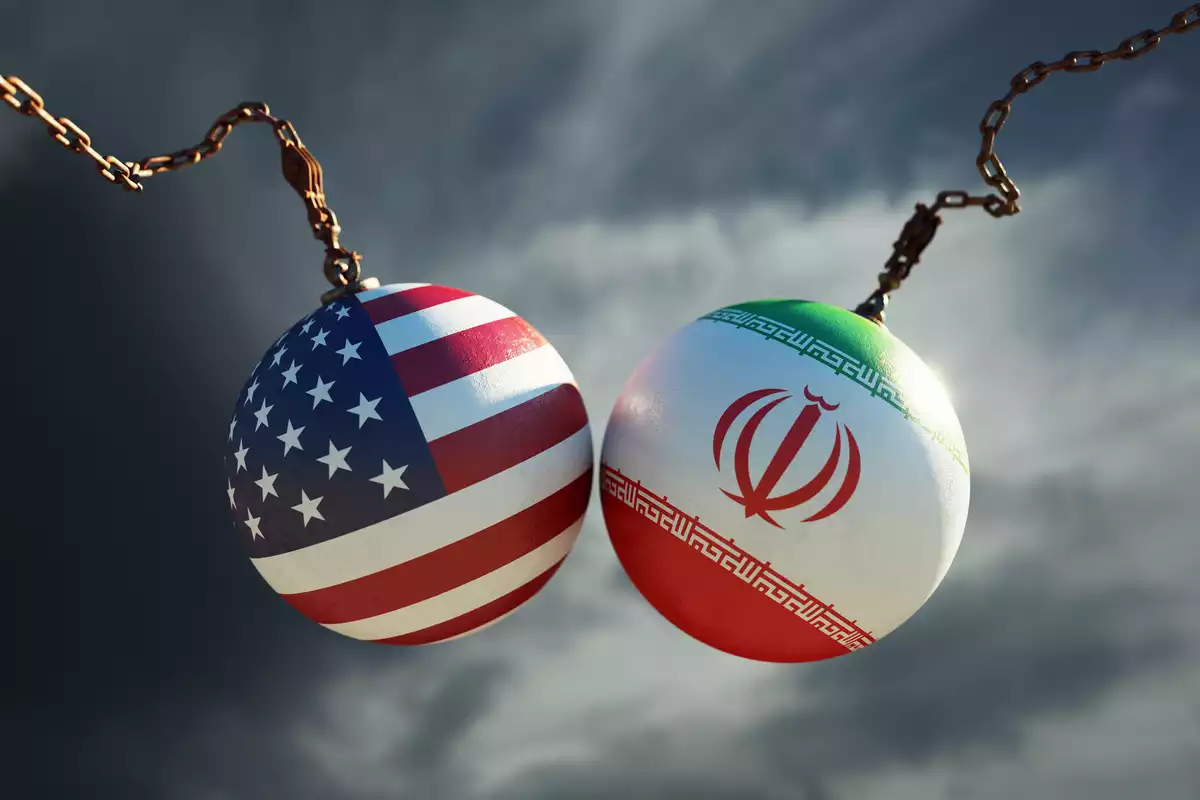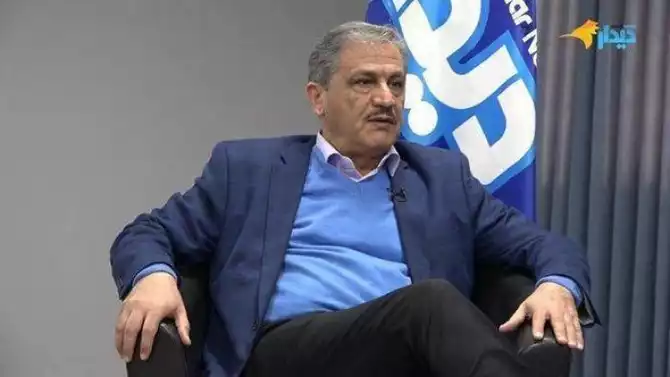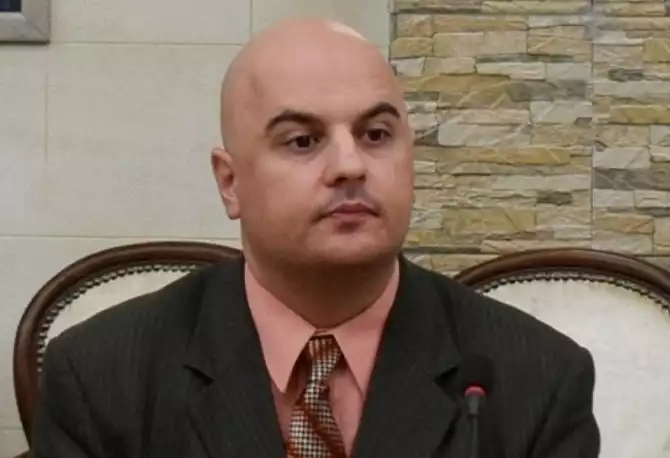
Getty Images/iStockphoto
The indirect high-level talks between the United States and Iran, scheduled for April 12 in Oman, mark a pivotal moment in the long-fractured relationship between the two nations. The meeting follows weeks of escalating rhetoric, diplomatic overtures, and mutual threats-underscoring both the urgency and fragility of the current negotiations.
The lead-up to these talks has been characterized by a flurry of public statements and behind-the-scenes maneuvering. On March 7, a President Donald Trump confirmed that he had sent a message to Iran’s Supreme Leader, Ayatollah Ali Khamenei, proposing direct talks on Iran’s nuclear program. While Tehran swiftly rejected the idea of direct contact, it signaled a willingness to pursue indirect dialogue through third-party mediators-hence the choice of Oman, a historically neutral facilitator in U.S.-Iran diplomacy.
Khamenei’s reluctant acceptance of indirect talks suggests that Tehran is cautiously exploring diplomatic options.
Tensions further escalated on March 30, when Trump threatened new tariffs and unprecedented military action if Iran refused to enter a new nuclear agreement. These remarks appeared aimed at pressuring Tehran into concessions, while also appealing to Trump’s domestic base by portraying a firm foreign policy stance.
In response, Ayatollah Khamenei dismissed the likelihood of military conflict but issued a stern warning against U.S.-led efforts to destabilize the region. This exchange illustrates the high-stakes nature of the diplomatic climate-where threats of economic and military escalation hang over already fragile negotiations.
Iran’s Foreign Minister recently described the upcoming meeting as “as much an opportunity as it is a test,” placing the onus on Washington to demonstrate goodwill. Tehran appears willing to engage-albeit cautiously-but expects tangible gestures in return, such as sanctions relief or a freeze on new punitive measures.
For the United States, the talks offer a chance to reassert leadership over the nuclear non-proliferation agenda in the region while avoiding the political and humanitarian costs of military confrontation. However, any perceived inflexibility or coercive tactics risk backfiring, potentially emboldening hardliners within Iran’s political establishment.
In an interview with News.Az, Iran’s former ambassador to Azerbaijan and political scientist Dr. Afshar Soleymani said that Donald Trump bears significant responsibility for escalating tensions in the region and between the two countries.

“Negotiations between the United States and Iran have been ongoing for many years. Although some agreements were reached in the past, they were later violated. One of the main factors behind today’s situation is the course taken during Trump’s presidency. After being elected, Trump unilaterally withdrew the U.S. from the nuclear deal signed with Iran. This move triggered heightened tensions in the region and redirected the situation toward confrontation,” said Dr. Soleymani.
“Following the collapse of the agreement, Iran responded accordingly by expanding its uranium enrichment activities-both in terms of enrichment levels and overall quantity. Despite expectations during Biden’s term, no substantial progress has been made. Some sanctions were eased, but most remain in place and continue to harm Iran’s economy.”
Dr. Soleymani emphasized that sanctions remain the primary obstacle: “These sanctions cause significant economic and social damage to Iran, particularly to the Iranian people. The main way out for Iran is the removal of sanctions. However, the U.S. has its own rationale. It accuses Iran of intending to develop nuclear weapons and sees its ballistic missile program as a threat. Thus, the issue extends beyond the nuclear program to encompass Iran’s defense capabilities and its regional influence. The U.S. and several Western countries seek to limit these military capabilities. Iran, however, maintains it has no intention of developing a nuclear bomb.”
Commenting on the outlook for negotiations, the Iranian political scientist remained cautiously optimistic.
“It’s difficult to predict the outcome with certainty, but time will tell. If the primary concern is truly about nuclear weapons development, some sort of agreement may be achievable. However, there are multiple ‘red lines’ at play. Iran’s key red lines include maintaining some level of nuclear activity and preserving its defense systems. If these negotiations succeed, they could lay the foundation for regional peace and security. There is a chance that indirect talks could pave the way for direct negotiations. Ultimately, direct dialogue would be more effective, as agreements are better reached through mutual understanding rather than pressure or coercion,” Dr. Soleymani explained.
American political commentator and international affairs scholar Peter Tase also shared his insights with News.Az regarding the upcoming Oman negotiations.

Photo credit: Azertac
According to Tase, a President Trump remains committed to securing peace in the Middle East by disarming Iran and preserving a strategic alliance with Israel.
“Recent Pentagon strikes against Iranian proxies in Yemen reflect Washington’s clear intention to reshape the geopolitical dynamics of the region. The upcoming nuclear negotiations will enhance Middle Eastern security and help contain Iranian hegemony in Western Asia and the Caucasus,” he stated.
Tase also referred to the execution of General Qasem Soleimani as a prelude to further punitive measures unless Tehran changes its rhetoric and begins to act as a responsible international player.
“Albanian scholar Prof. Dr. Lisen Bashkurti has written extensively on Iran’s foreign policy and its tactical diplomatic maneuvers-research that could prove valuable to Secretary Rubio and the White House, as America’s top diplomats prepare for challenging negotiations with Tehran’s leadership,” Tase concluded.
Share on social media